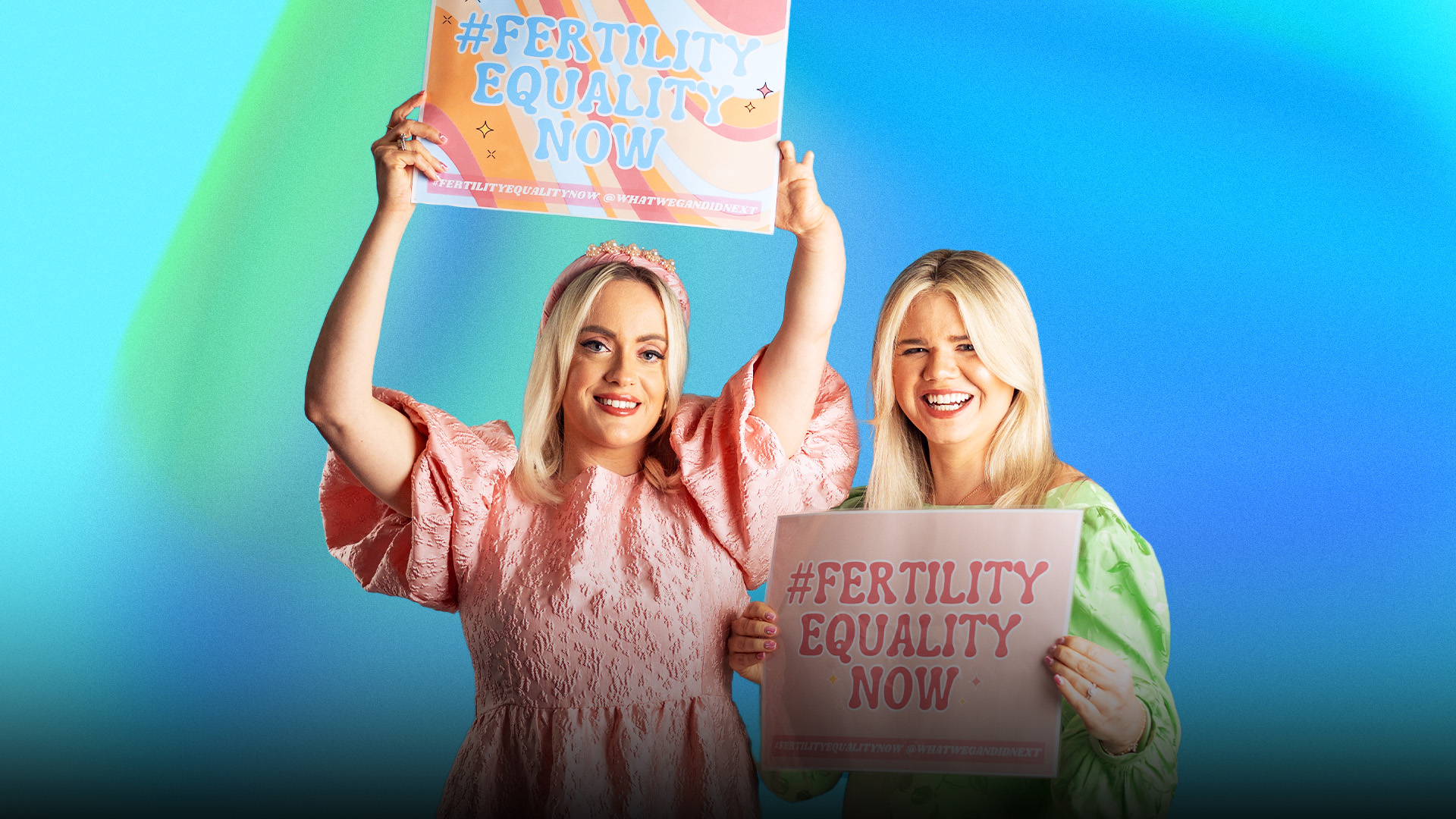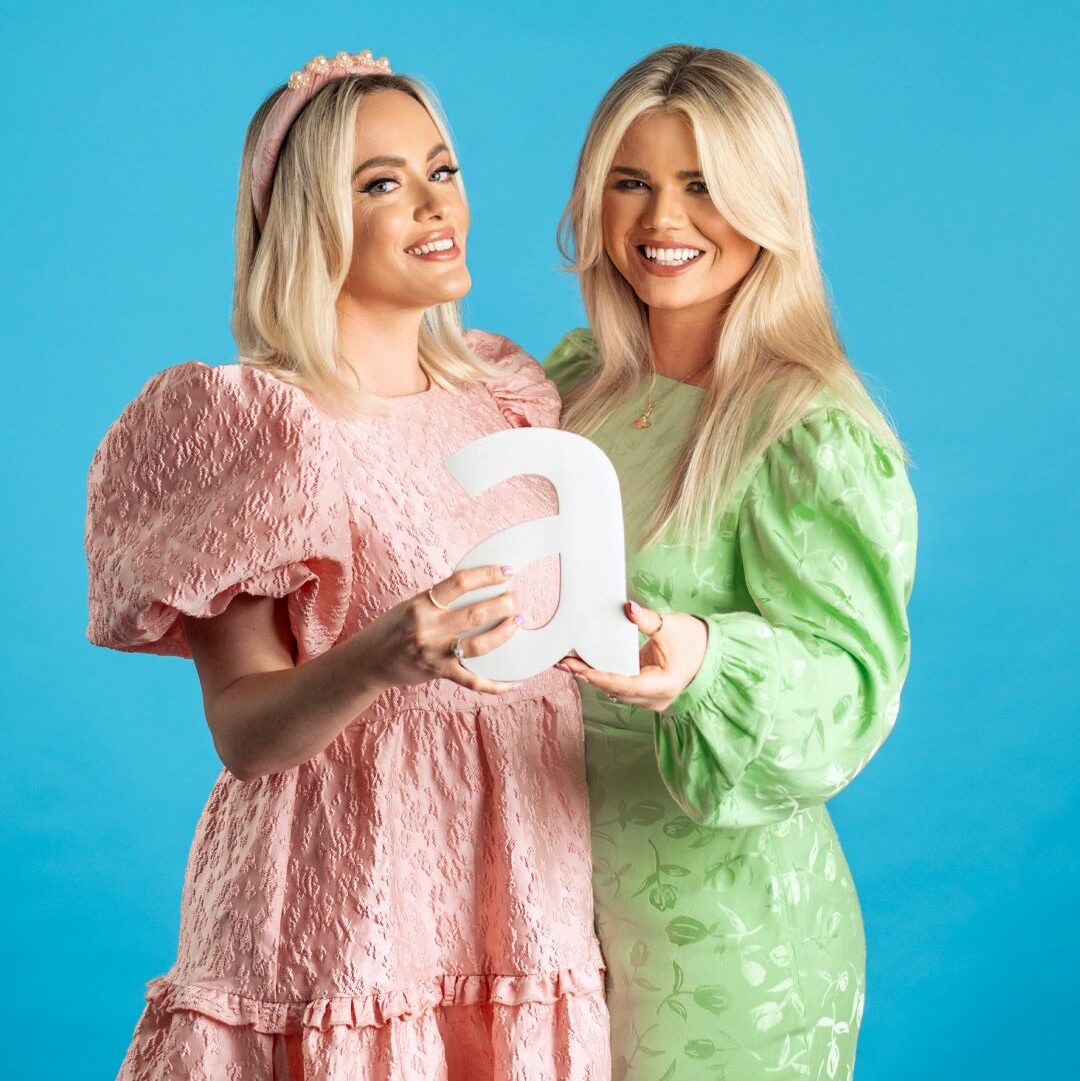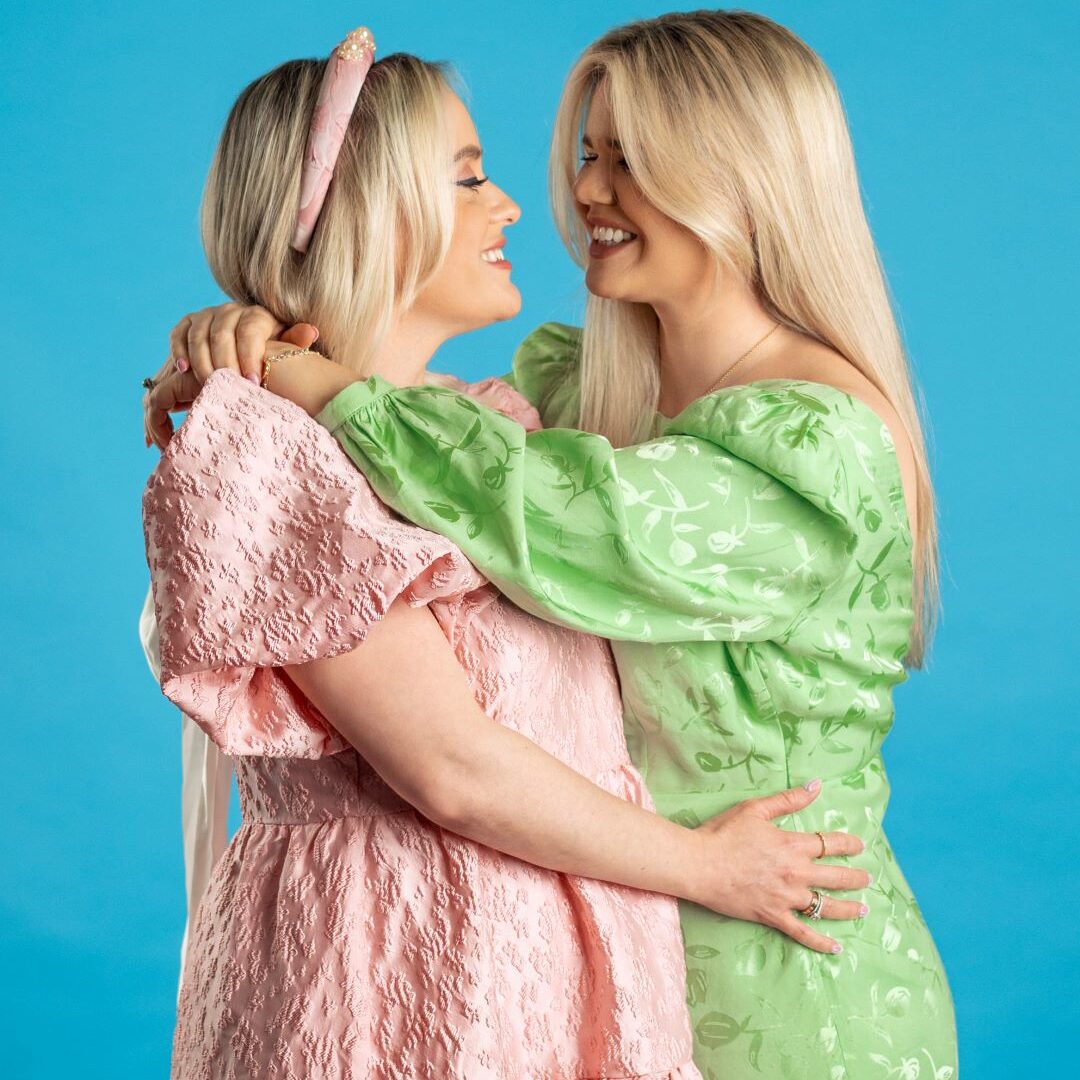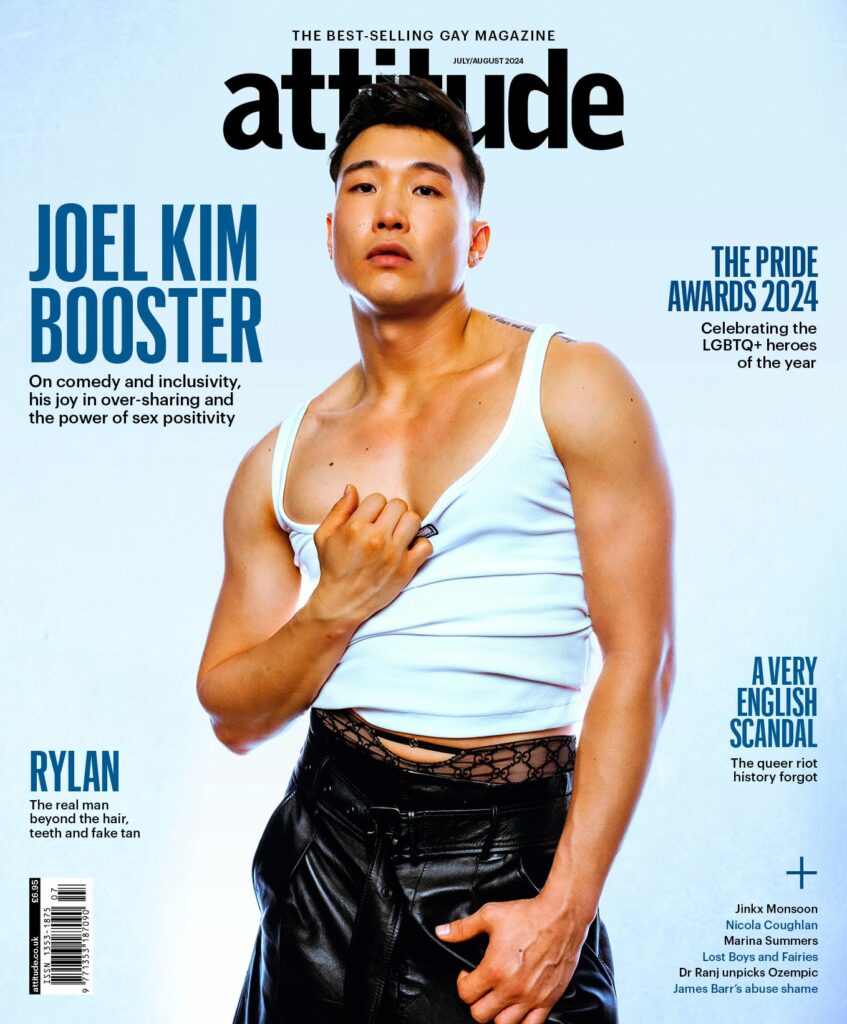Meet the lesbian couple leading the fight for same-sex fertility equality in the UK
Their battle for female same-sex couples to be given equal access to fertility services has made this lesbian married couple trailblazers for queer families
By Dale Fox

Wife-and-wife Whitney and Megan Bacon-Evans have been sharing their love story online for almost 15 years. What started as a blog to document their initial long-distance relationship between Hawaii and the UK has blossomed into something much bigger, where they’re now using their considerable platform to fight discrimination against same-sex couples seeking fertility treatment on the NHS. It is in recognition of this sterling work that they have won a PEUGEOT Attitude Pride Award.
After setting up home in the UK, in 2020 Whitney and Megan began their journey to parenthood. But they were shocked to discover the barriers that female same-sex couples looking to conceive with IVF face compared to their heterosexual counterparts. According to National Institute for Health and Care Excellence (NICE) guidelines, women under 40 should be offered three cycles of IVF on the NHS if they have been trying to conceive through regular unprotected sex for two years or have not got pregnant after 12 cycles of artificial insemination.
“Straight couples don’t need to show evidence [of trying to conceive]
However, for female same-sex couples like Whitney and Megan, the path is much harder. “We really struggled to find out what our criteria was,” Megan explains. “Straight couples don’t need to show evidence [of trying to conceive]. You could just literally go to your GP and say you’ve been trying for two years.”
After two Freedom of Information requests to their local health authority, NHS Frimley in Surrey, they learnt that they would need to self-fund 12 rounds of artificial insemination — at a total cost of up to £50,000 — before being eligible for NHS-funded IVF. “They treat us as de facto infertile, whereas what they should be doing is recognising that no matter how many times we tried to get pregnant naturally, we cannot. Why do we need to prove infertility in order to receive help to conceive and have a family?” Whitney points out.
“No one was talking about it, and no one was doing anything. If not us, then who’s going to do it?”
Megan and Whitney knew they had to take action. Although a change would not benefit them as they are close to the cut-off age of 35, they wanted to help others in their position who had gone so far as to spend their life savings on failed attempts. “No one was talking about it, and no one was doing anything. If not us, then who’s going to do it?” says Megan. In 2020, they launched a petition and used their platform to raise awareness of the discrimination. The campaign was well received and covered by nationwide media but failed to reach the threshold for parliamentary debate.

Undeterred, the couple took the momentous step of filing for a judicial review against NHS Frimley Clinical Commissioning Group in what would become a landmark case. “If it was deemed to be discriminatory in our area, then it would roll out to all other areas in England that they would have to change their policies,” Whitney explains. “It would have been a massive faux pas on their part if that were the case.”
“The good thing about us is we don’t go away”
Faced with legal action, the health authority was compelled to commit to reviewing its policy to remove the inequality. Then, in 2022, the unthinkable happened: the government announced that the Women’s Health Strategy for England would remove barriers for female same-sex couples and would fund six rounds of intrauterine insemination (IUI) plus IVF if needed. “We couldn’t believe they just announced that,” says Megan. But the excitement was short-lived, since the changes have only been implemented by four of England’s 42 integrated care boards. However, like any great activists, Whitney and Megan persist in holding those in power to account.

“It’s 2024 now, but the good thing about us is we don’t go away,” Megan says with a smile. “We launched another [campaign] basically demanding fertility equality now. Not in five years’ time — we need it now.”
As the couple weather the storms of their own IVF journey, battling through failed attempts and recently learning that they only have one viable embryo from their latest round, their story has become a lifeline for others, who have been inspiring the couple in return with their own tales of success. “We’ve had so many amazing stories where others have been told exactly the same thing — they’ve only got one [viable embryo] and it’s made it and they’ve got a two-year-old today. It’s just really nice to hear,” Megan says.
“We need equality for all”
Above all, Whitney and Megan’s message to others struggling to conceive is one of solidarity and hope: “Trust the process… Nature is going to take its course. That’s all you really can do. Have some faith and try to be as positive as possible.”
Until then, the fight for fertility equality goes on. As Megan puts it: “We wish we could be doing more for gay men as well… It’s not just ‘Oh well, the lesbians got sorted.’ We need equality for all. We’re just looking for a level playing field, essentially. We don’t want to jump the queue or anything like that; we just want to be equal.” With Whitney and Megan leading the charge, that future feels within reach.
This feature appears in Issue 359 of Attitude magazine, which is available to order online here and alongside 15 years of back issues on the free Attitude app.

